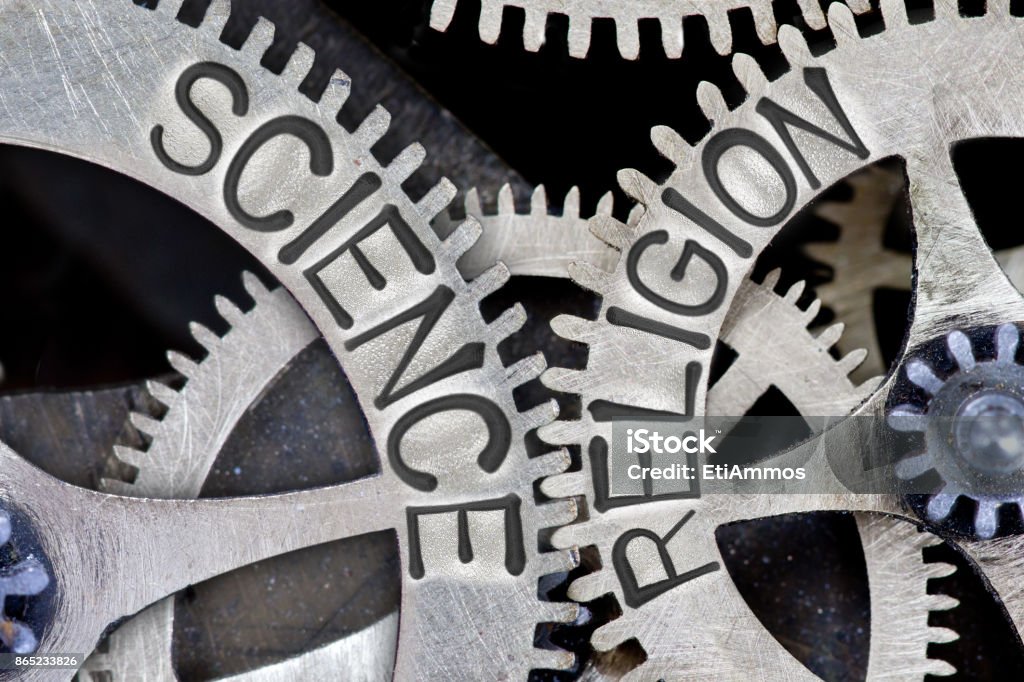
In Biblelife magazine a priest gives readers a glimpse of the life of Hikikomori, the Japanese term used for a reclusive loner—from the verb hiki to withdraw, and komori to be inside. It is not a mental health issue, but a state of unhealthy withdrawal from society.
The writer begins with the shocking news that Seoul alone had about 130,000 'recluse loners'. A figure he found hard to believe. These are young people who live alone in their rooms. The writer knew of the reality from those who tried to help them but the numbers were beyond imagining.
He introduces us to Song Min (made up name) who began his life as a loner at 17 and returned to society at 27, after 10 years confined to his room. Not easy to believe. The priest remembers how difficult it was for him during a retreat to remain silent in his room. He believes this is easy to understand.
Song Min had an internet window to the world from which he was connected. It was during his late twenties he dared to leave his room. The reasons for this, of course, are different for each individual. However, the writer believes it is in many cases serious scars received in life. The degree of sensitivity to outside stimuli differs for each person. Some have no difficulty with what is heard or done but others are unable to deal with the external situation and enter their cave.
It took Song Min 10 years to leave his cave. Getting into a cave in your teens and coming out of it in your late 20s is something you only hear about from an ascetic who is determined to realize the truth. He was helped by those around him. He joined others who made the same trip from the cave to reenter society again. Together with his mentors and others making the same journey, he began to learn how to maneuver in society with the assistance of his colleagues who were dealing with the same pain.
The priest hearing Song Min's story impressed him greatly. For 10 years Song Min was estranged from the world. He had to learn how to communicate which was not easy to do. He was unable to communicate with others with words on many occasions. He asked the priest to speak comfortably without harboring negative feelings if he made a mistake. It was heartbreaking yet amazing to hear how negative feelings towards oneself were felt so deeply. He wondered if Song Min's senses were developed so sensitively because of the protective and survival instinct to take care of oneself.
Like many craftsmen in the world who developed a feeling for their craft that reached the level of the other world. Song Min and those like him, surprisingly and regrettably developed that ability entirely to protect themselves.
Song Min had no handicaps or lacked love in his home life and was unable to understand his own situation. Fortunately, he made the move from the cave to normal life in society.He still has plenty of time to make a life for himself.
The priest hopes we will all be able to feel the beauty in the world through the emotions and senses that we have received. Being able to sympathize with a neighbor's pain, shed tears together, and be moved by nature's beauties. Above all, he hopes we will all experience God and his love. Just as Saint Francis considered the sun as his brother and the moon his sister, he believes that we can feel connected to everything in the world that God created and prays that all our wounds will be healed freeing us to enjoy life and all creation.





